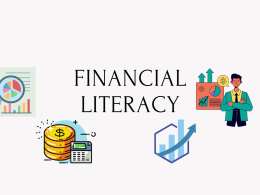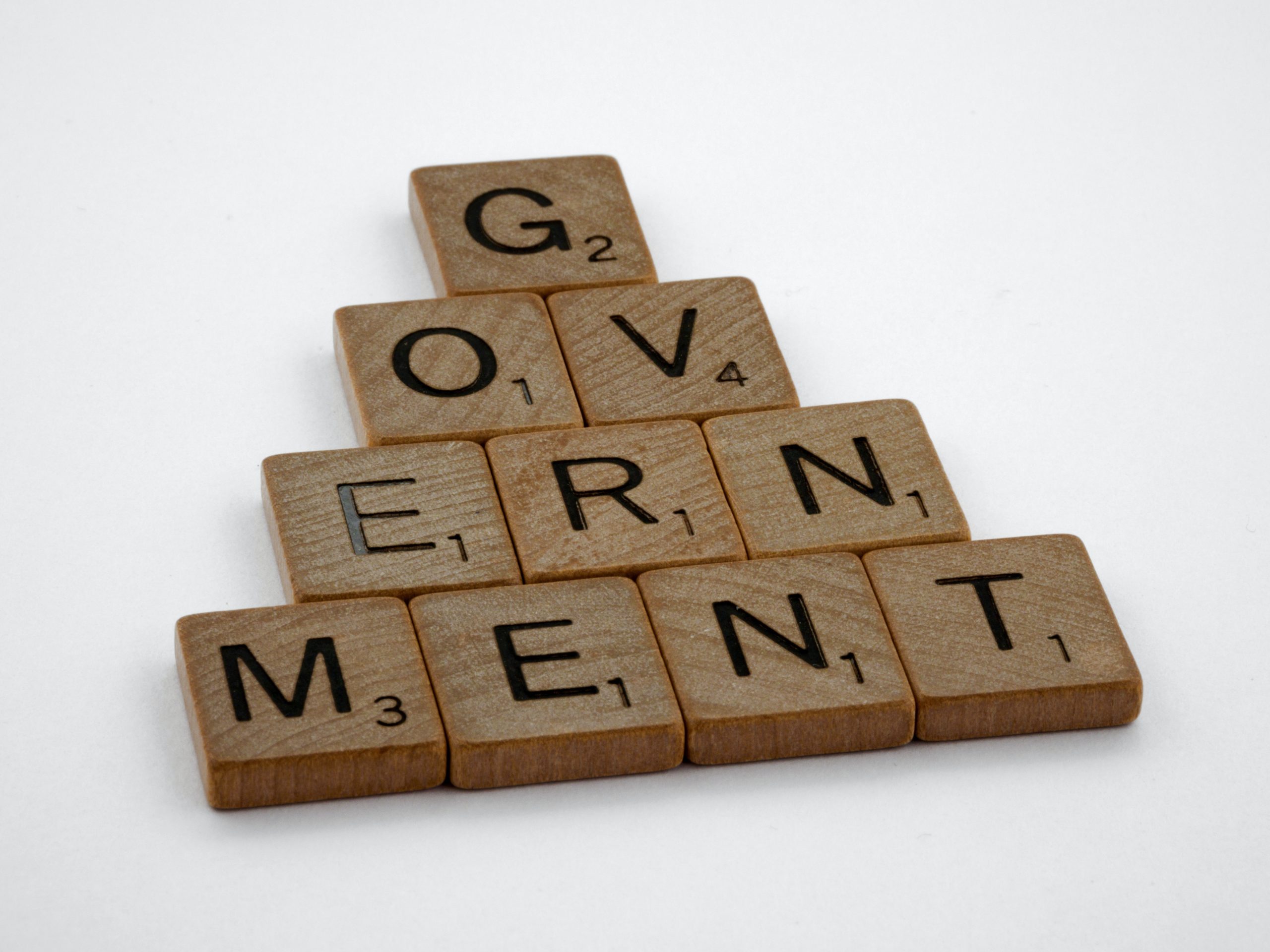As one of the key tools that governments use to generate revenue and fund public goods and services, taxation plays a crucial role in shaping economic growth and development. However, the effects of taxation policies on the economy are complex and multifaceted, and depend on a wide range of factors including the structure of the tax system, the level of government spending, and the overall economic climate.
In this article, we will explore some of the key ways in which taxation policies can impact economic growth and development, and examine some of the trade-offs that policymakers must consider when designing tax systems.
The Basics of Taxation and Economic Growth
At a basic level, taxation policies can impact economic growth by affecting the incentives and behavior of individuals and businesses. For example, high taxes on income and profits can discourage work and investment, while tax breaks and incentives can encourage these activities. Additionally, taxes on goods and services can impact consumer behavior and spending patterns, which in turn can have ripple effects throughout the economy.
However, the relationship between taxation and economic growth is not always straightforward. In some cases, taxes may be necessary to fund public goods and services that are essential for economic growth, such as education, infrastructure, and research and development. Additionally, taxation policies can be used to address issues of inequality and redistribute wealth, which can in turn promote long-term economic stability.
The Role of Tax Structure in Economic Development
Another key factor that impacts the effects of taxation on economic growth is the structure of the tax system. For example, progressive tax systems that tax higher incomes at a higher rate may be more effective at reducing inequality and promoting economic stability, while regressive tax systems that tax lower incomes at a higher rate may exacerbate inequality and hinder economic growth.
Similarly, the type of taxes imposed can impact economic growth in different ways. For example, property taxes may be more stable and less volatile than income taxes, but they may also discourage investment in real estate and lead to lower property values. Sales taxes, on the other hand, can impact consumer behavior and spending patterns, but may be more volatile and subject to fluctuations in the economy.
The Trade-Offs of Taxation Policies
Ultimately, taxation policies are about trade-offs. Policymakers must balance the need to generate revenue and fund public goods and services with the need to promote economic growth and development, while also considering the potential impacts on inequality, stability, and individual behavior.
To do so, policymakers must consider a range of factors, including the overall economic climate, the distributional effects of taxes, and the potential impacts on individual and business behavior. They must also consider the potential for unintended consequences, such as tax avoidance and evasion, and work to design tax systems that are efficient, effective, and equitable.
Conclusion
In conclusion, the effects of taxation policies on economic growth and development are complex and multifaceted. While taxes can impact individual and business behavior, promote economic stability, and fund public goods and services, they can also have unintended consequences and trade-offs that must be carefully considered by policymakers. By understanding the relationship between taxation and economic growth, policymakers can design tax systems that promote long-term economic development while also addressing issues of inequality and instability.









